How the HeLa cells outlived Henrietta Lacks
Henrietta Lacks, a young tobacco farmer and mother of five, was diagnosed with cervical cancer at The John Hopkins Hospital in Baltimore in 1951. The hospital was racially segregated but was one of only a few hospitals in the United States that treated African Americans at this time.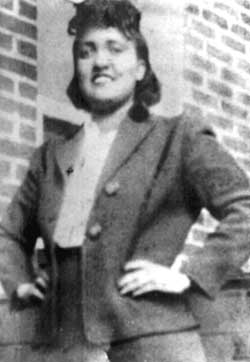 Henrietta Lacks (Wikipedia)
Henrietta Lacks (Wikipedia)
During treatment, a sample of Lacks’ cancer cells was sent to a scientist without her consent. Unlike the cells of previous patients, these cells – later known as ‘HeLa cells’ – thrived and multiplied in laboratory settings. They were the first human cell line that reproduced indefinitely. Although Lacks passed away in October 1951, her cells still remain a key component in scientific research. They have led to two Nobel Prizes in research, and the development of vaccines, cancer treatments and in vitro fertilisation.
Uninformed consent
The Lacks’ family was unaware of the HeLa cells until 20 years later, when they were informed by a cancer researcher in a chance encounter. Once contact had been made, scientists requested to take cell samples from Henrietta’s children to investigate the cell line. The family was not adequately informed about the purpose of the tests as they believed they were being tested for early detection of cancer. Instead, their genetic data was harnessed and shared with researchers without their permission.
Race relations
In the United States, it was standard practice for cells to be taken and used during surgical procedures without consent. Yet journalist Rebecca Skloot reveals the hypocrisy underpinning the multi-million dollar HeLa cell industry. In her New York Times bestseller ‘The Immortal Life of Henrietta Lacks’, Skloot points out that the Lacks’ family did not benefit from the HeLa cell research as none could even afford health insurance or medical treatments. Their eldest daughter Elsie died in a ‘hospital for the Negro Insane’ while other family members had prostate cancer, arthritis and osteoporosis.
As one lawyer supporting the Lacks’ family explains, ‘this is not a new fight - black bodies have been exploited for science for centuries’. The HeLa cell case is often compared to the 1932 Tuskegee Institute study in which the Public Health Service informed 600 African American men that they would all be treated for blood conditions such as syphilis. The study exploited the patients’ dire economic and social situation by luring them into the trial with the offer of free meals and medical treatment. However, the researchers left 200 of the patients untreated in order to investigate the harmful effects of syphilis. In fact, the patients were not permitted to leave the 40 year study, even after a penicillin cure for syphilis was found. It was not until 1997 that President Nixon publicly apologised to the Tuskegee victims and their families.
These cases demonstrate the dehumanising treatment of African American patients and a lack of regard for their health and right to consent. Yet they also form part of a wider concern around access to healthcare. The researchers only improved healthcare for those in the United States that were privileged enough to afford and access it.
Since Skloot’s publication, the Johns Hopkins Hospital has reviewed its handling of the HeLa cells. It admits on its website that, ‘at several points across those decades, we found that Johns Hopkins could have — and should have — done more to inform and work with members of Henrietta Lacks’ family out of respect for them, their privacy and their personal interests’. Today, Johns Hopkins and other medical research centers abide by strict patient consent processes for cell donation.
Is there such a thing as digital DNA consent?
Advances in technology have recently provoked further concerns over informed consent. Have researchers changed their consent regulations to adapt to the rise in medical data sharing? While consent is not currently needed to publish genetic data online, should it be required before a patient’s genome sequence is published?
In 2013, the HeLa cell controversy reignited when the Lackses’ genetic records were published to the press without their consent. Scientists in Germany published a paper announcing they had sequenced the entire genome of a HeLa cell, which essentially displayed Lacks’ DNA for all to see on the internet. The Lacks’ family were once again not consulted. The researchers apologised and took the data offline only after the family made contact.
In response to the incident, members of the Lacks’ family have since been invited to sit on the panel that reviews applications for the HeLa genome data. It is encouraging that the panel is now working towards creating international standards for handling data consent. The campaign #LacksAttacksBack, led by lawyer Christina Bostick, is also pushing to grant the Lacks’ family full guardianship of their mother’s cell data.
As scientists and lawyers drag the HeLa cells into yet another court case, I cannot help but question whether it is all just a little too late for the families of the Tuskegee and Lacks victims who have suffered decades of ill health, discrimination and grief.

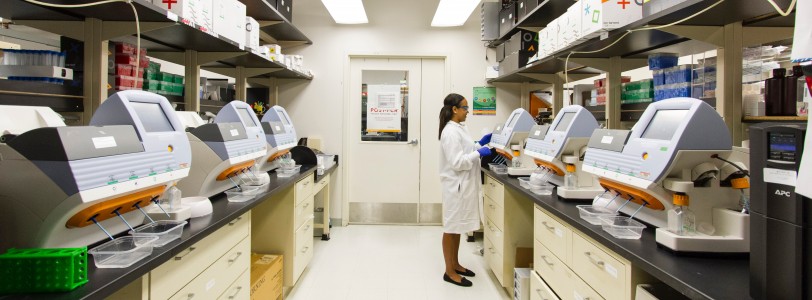
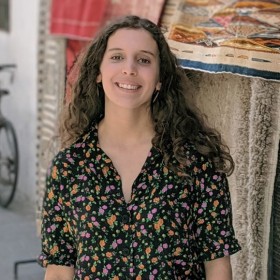
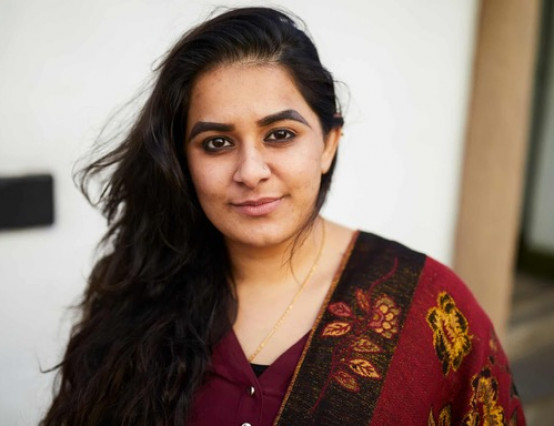

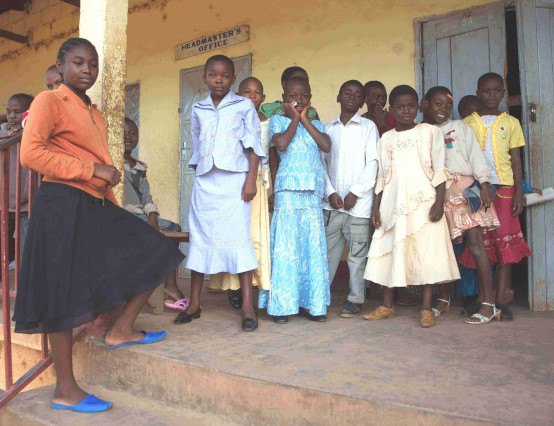



0 Comments